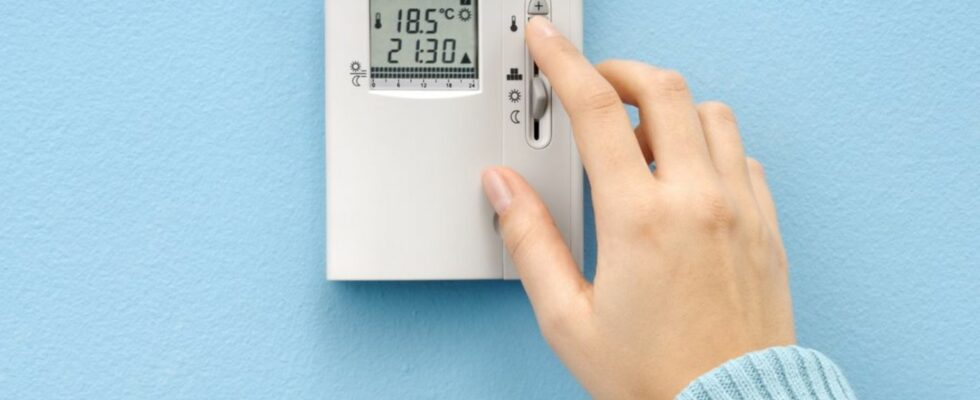Health and mold control
This is the optimal room temperature
The ideal room temperature varies depending on the room.
© Luigi De Zotti/Shutterstock.
The optimal room temperature can save energy and promote health. This is how warm it should be in the different rooms.
The temperature in our living spaces plays a crucial role in our well-being and our Health. But heating is also expensive and is by far the largest energy consumer and CO2 emitter in the household. Nevertheless, the Federal Environment Agency warns against rooms that are too cold – as this could cause mold. However, the temperature recommendations for different rooms in the apartment differ – an overview.
Every degree less saves energy
In general, living areas, such as the living room or study, should have a minimum temperature of 20 degrees Celsius in spring, autumn and winter. Since every degree saves less heating energy, recommends the Federal Environment Agency but lower temperatures for certain rooms.
The highest room temperature is recommended in the bathroom: 22 degrees. This not only contributes to your comfort when washing and changing, but also helps to absorb moisture.
The room temperature in the kitchen should be 18 degrees. The oven and stove provide additional heat. In addition, you tend to move around in the kitchen so you don’t get cold so quickly.
Bedroom should be the coolest room
A recommended bedroom temperature of 17 degrees is sufficient. This promotes healthy sleep. According to sleep experts, the optimal temperature for healthy and restful sleep for adults is between 16 and 18 degrees, but according to the Federal Environment Agency, no room should be colder than 17 degrees.
At night and during the day, the temperature in rooms that are not in use should be reduced to 18 degrees if possible, and even to 15 degrees if you are away for a longer period of time.
Proper ventilation is important
No matter which room: In order to avoid mold and ensure good air quality, it must be ventilated regularly. Breathing, showering or cooking produces around twelve liters of liquid every day in a four-person household, which is released into the air. The Federal Environment Agency recommends ventilation several times a day with the windows wide open and the heating turned off – 20 to 30 minutes in summer and five to ten minutes in winter.
